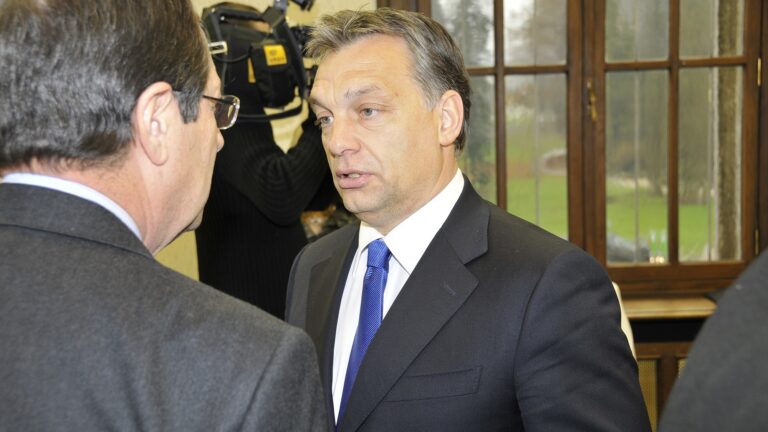With the election of Donald Trump, US diplomacy could undergo a significant shift, writes Bryan Leib in his latest opinion piece. Published on Townhall, the article—authored by a potential candidate to fill the vacant ambassadorial position in Budapest following David Pressman’s departure—refutes accusations that the ‘America First’ policy equates to ‘America Alone,’ or isolationism. Leib argues that US diplomacy must abandon the activist approach exemplified by Pressman and instead prioritize the defence of American interests.
Leib begins by introducing the ‘America First’ policy. As he writes: ‘America First is not America Alone. Instead, it champions policies that safeguard the security, prosperity, and values of the American people while constructively engaging with the rest of the world. It acknowledges that a strong America—one with secure borders, a robust economy, and a thriving citizenry—is better equipped to lead and support its allies.’
Genuine Diplomacy Instead of Moral Activism
The author highlight that this strategy necessitates diplomacy as an indispensable tool for securing American interests abroad and fostering global stability. ‘Genuine diplomacy focuses on forging partnerships based on mutual respect, not ideological activism or moral posturing,’ he writes. According to the article, such an approach to diplomacy not only benefits allies but also prioritizes the interests of the United States.
Leib further argues that diplomacy rooted in political activism has proven ineffective, citing the tenure of US Ambassador to Hungary David Pressman as a prime example. Pressman, who arrived in Budapest in the summer of 2022, acted more as an overlord of the Democratic Party and Joe Biden’s administration than as a traditional diplomat. He was an outspoken critic of Hungarian Prime Minister Viktor Orbán and his government, in some cases even attempting to influence the legislative process—an unthinkable role for a diplomat. ‘His ambassadorship became a glaring example of the damage done when ideological pursuits overshadow strategic partnerships,’ Leib notes.
‘The Biden administration’s emphasis on moral and social activism in diplomacy has caused significant harm to the United States’
The author highlights Hungary’s role as a leader in national sovereignty and conservative values within Europe, noting that these principles resonate with many Americans. ‘Yet, instead of respecting Hungary’s position, Pressman frequently undermined its government, portraying it as a pariah for resisting Western liberal orthodoxy. His actions alienated both Hungarian leadership and citizens, turning him into a symbol of the Biden administration’s broader failure to engage with nations on their own terms,’ Leib writes.
The Biden administration’s emphasis on moral and social activism in diplomacy has caused significant harm to the United States, with long-term consequences that remain uncertain. However, change is imminent, and there is every reason to look forward with optimism to 20 January 2025. ‘President-elect Donald Trump has signalled a return to a foreign policy that prioritises respect, realism, and results,’ the author writes, recalling the numerous diplomatic achievements of Trump’s first administration.
A New Sun Rising
Leib specifically highlights the role of Central Europe, particularly Hungary, in the foreign policy of the incoming Trump administration, emphasising the potential for a long-awaited reset in relations. ‘Hungary, a steadfast NATO ally that has balanced its Western alliances with a distinctly conservative trajectory, is well-positioned to serve as a key partner to the United States. However, this partnership requires an American administration that treats Hungary as an equal, not as a subordinate to be corrected,’ he asserts.
According to the author, by rejecting the Biden administration’s approach to diplomacy, Washington has an opportunity to rebuild trust with its allies and reinforce its alliance systems. ‘President-elect Trump has the chance to restore America’s credibility by moving away from the moralising tone of recent years and adopting a foreign policy grounded in respect and pragmatism,’ Leib concludes.
Related articles:








